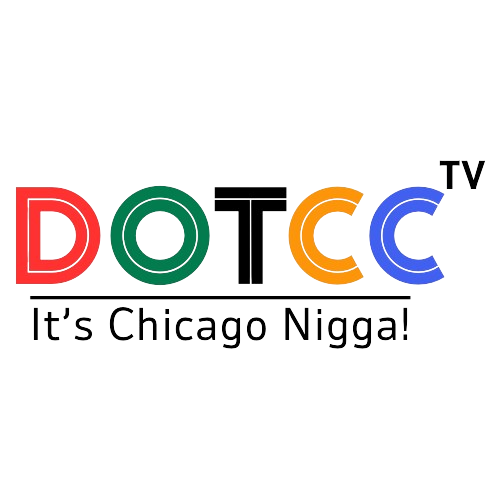Nas has introduced the traditional 1984 Hip-Hop movie Beat Avenue is being tailored for the Broadway stage. The information got here in the course of the fortieth anniversary screening of Beat Avenue on the Tribeca Movie Pageant over the weekend, and Nas might hardly include his enthusiasm.
“Beat Avenue wasn’t only a movie—it unfold the revolution of Hip-Hop tradition all through the nation and the world,” Nas stated in a press release. “It left an indelible mark, inspiring generations of younger artists and creating new Hip-Hop followers alike. It’s a thrill for me to affix the inventive crew of Beat Avenue, bringing the uncooked power of Hip-Hop into the material of Broadway. It’s an honor to breathe new life into this iconic work and have a good time its enduring legacy.”
The musical adaptation is being produced by business veterans Arthur Baker and Michael Holman, each of whom performed important roles within the authentic movie’s creation, together with Harry Belafonte and director Stan Lathan.
In line with Deadline, the manufacturing crew is dedicated to sustaining the authenticity and spirit of the Hip-Hop tradition that Beat Avenue depicted.
For these unfamiliar, Beat Avenue is a drama set within the Bronx, specializing in the rising Hip-Hop tradition of the ’80s. It highlights the artwork types of rapping, breakdancing, DJing, and graffiti artwork, recognized for showcasing the early days of a motion that has since taken the world by storm.
The movie’s plot facilities round an aspiring DJ, a graffiti artist, breakdancer and composer, whose lives intertwine amid a backdrop of New York Metropolis’s gritty streets.
It featured performances from legendary Hip-Hop artists resembling Kool Herc, Grandmaster Melle Mel and The Livid 5, The Treacherous Three, Lisa Lee, Debbie Dee and MC Sha-Rock (Us Women), Doug E. Contemporary, The New York Metropolis Breakers and The Rock Regular Crew, providing an genuine reflection of the period.
Produced by Belafonte, Beat Avenue aimed to raise Hip-Hop tradition to mainstream audiences—and succeeded—and drew inspiration from real-life tales and figures throughout the early Hip-Hop scene, though it was fictionalized. A premiere date as but to be introduced.


:max_bytes(150000):strip_icc()/beef_stroganoff_072_0-1-14b979e7e0e943e0bea96ca93d54ef06.jpg)